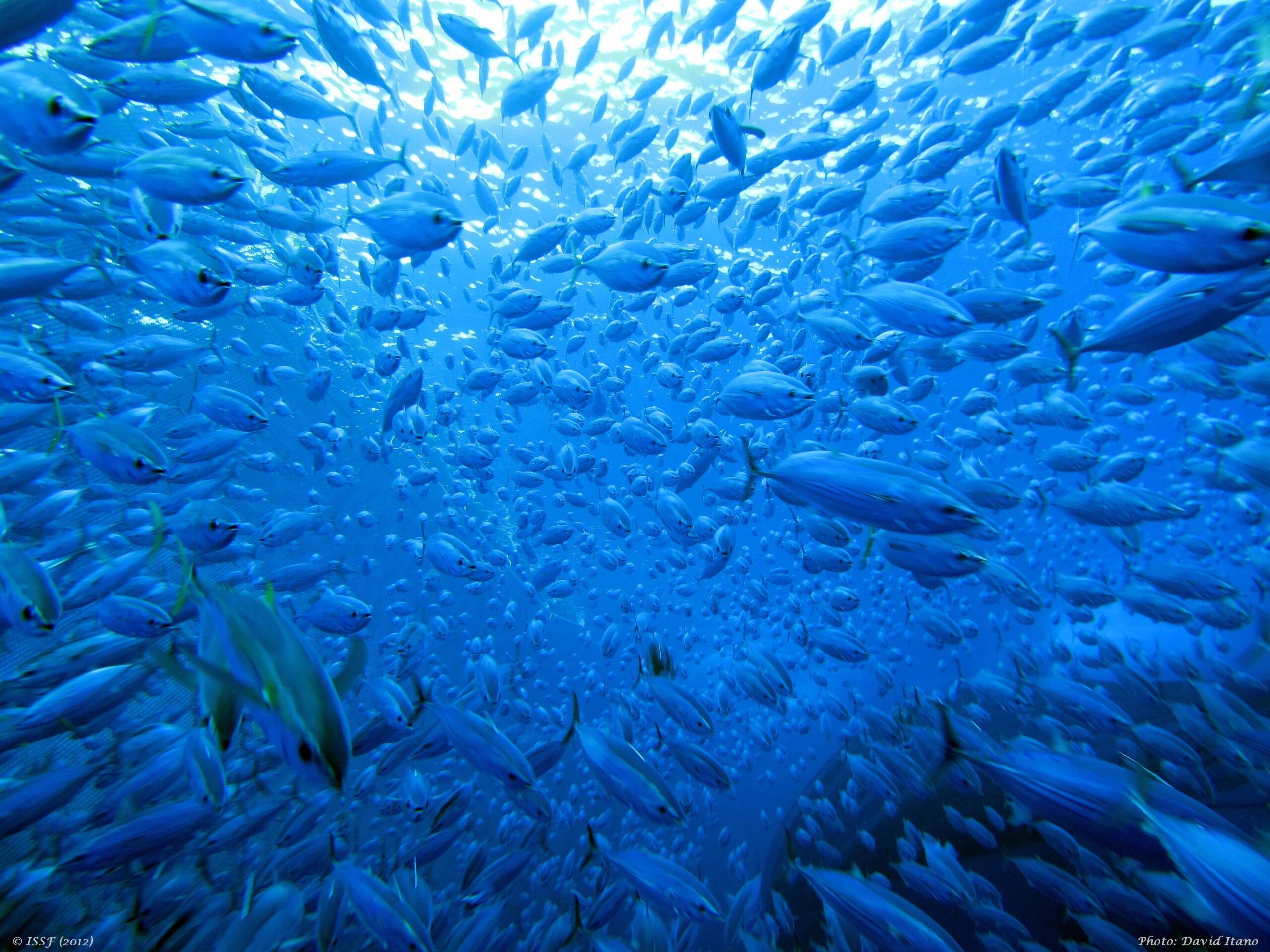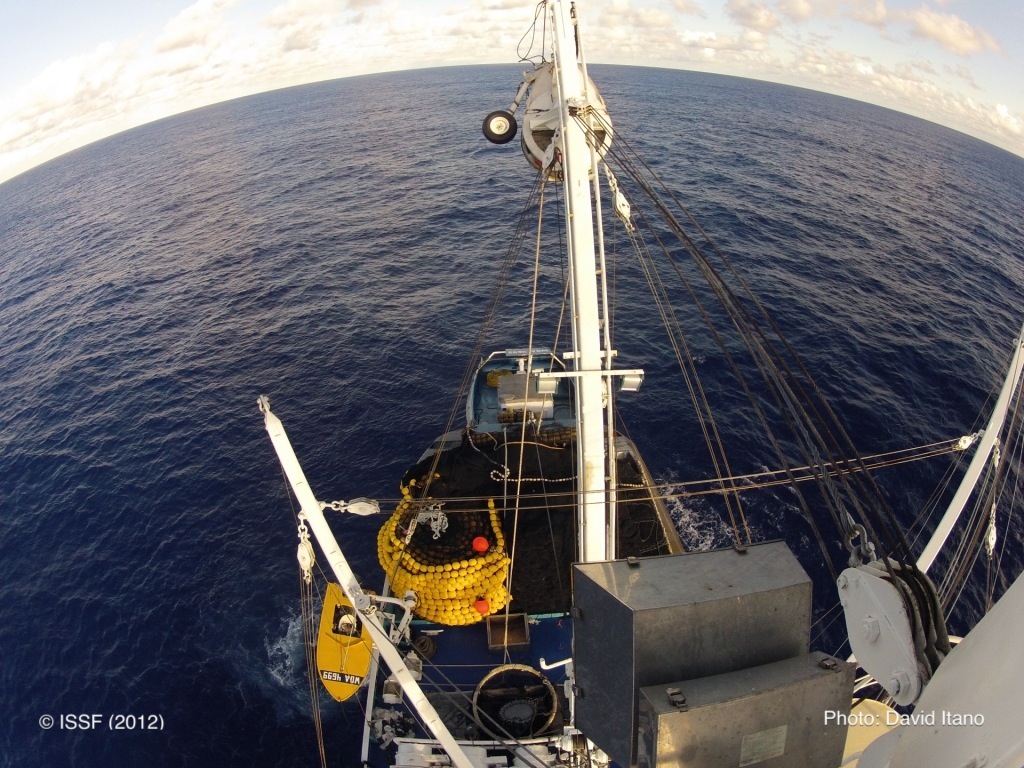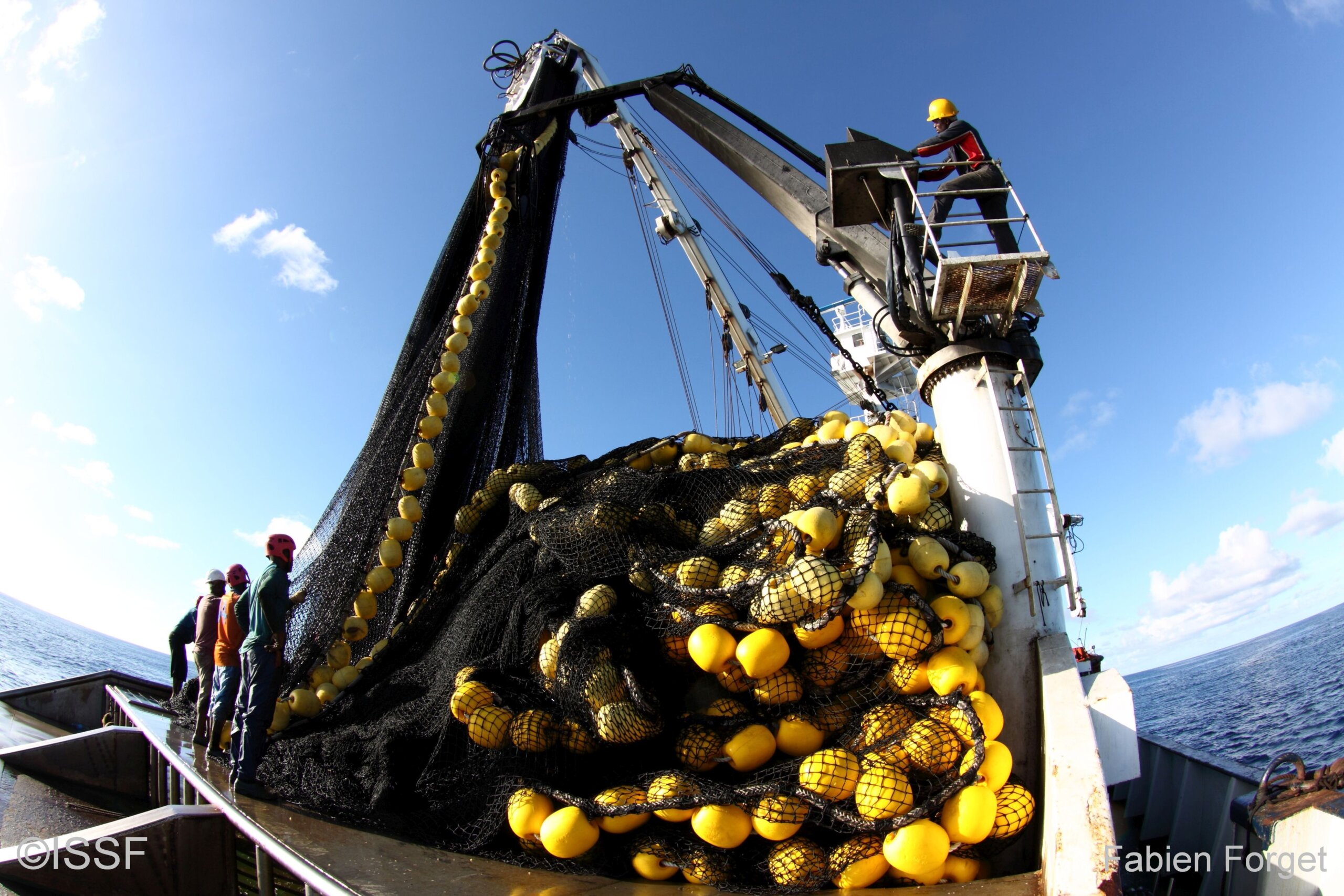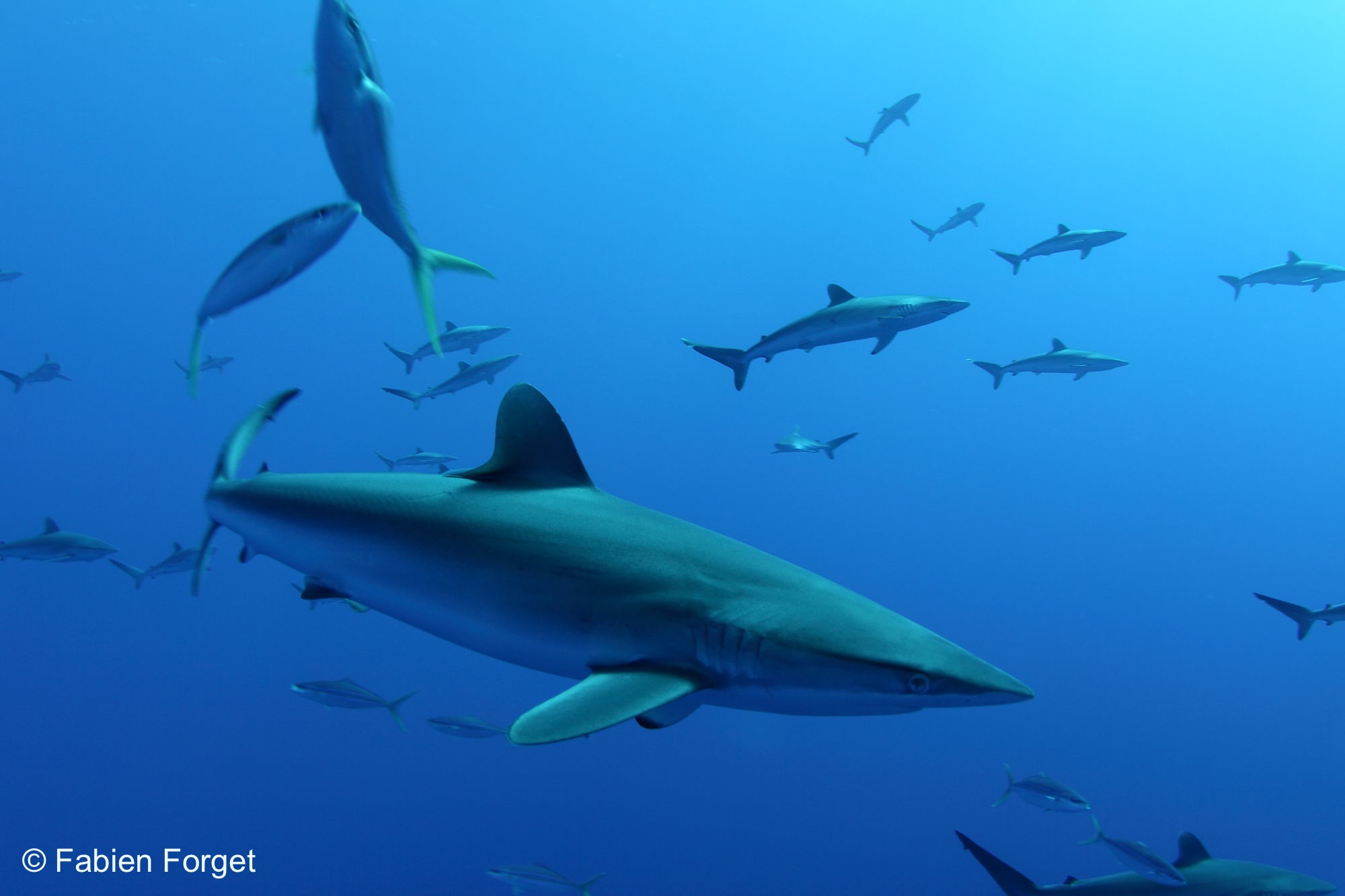Global Tuna Stocks & the MSC Standard | 12 Tuna Stocks Not Meeting Criteria for MSC Fisheries Standard
Featured News
12 Tuna Stocks Not Meeting Criteria for Marine Stewardship Council (MSC) Fisheries Standard
Updated Report Determines 11 Tuna Stocks Achieve Passing Scores on MSC Principle 1
Fisheries scientists in An Evaluation of the Sustainability of Global Tuna Stocks Relative to Marine Stewardship Council Criteria — a June 2024 report commissioned by the International Seafood Sustainability Foundation (ISSF) — found 11 of the 23 major commercial tuna stocks worldwide are successfully avoiding overfishing and maintaining target stock biomass levels when measured against the Marine Stewardship Council (MSC) Fisheries Standard. In the March 2023 edition of the ISSF report, eight stocks passed Principle 1. In this year’s report, three additional stocks received a passing score.
The 11 stocks are Western Atlantic skipjack, North Atlantic albacore, South Atlantic albacore, Eastern Atlantic bluefin, Western Pacific yellowfin, Western Pacific bigeye, Western Pacific skipjack, Eastern Pacific yellowfin, Eastern Pacific skipjack, Indian Ocean skipjack and Southern Ocean bluefin. These stocks achieved a passing score for the Standard’s Principle 1, “Sustainable Fish Stocks,” which requires fisheries to be managed in a manner that does not lead to overfishing or depletion of exploited fish populations.
Seven of the 23 stocks also have fully implemented well-defined harvest control rules. However, failure to implement controls before rebuilding is required continues to contribute to an increasing number of stocks failing to meet minimum requirements on harvest control rules.
An Evaluation of the Sustainability of Global Tuna Stocks Relative to Marine Stewardship Council Criteria was authored by Paul A. H. Medley and Jo Gascoigne.
Featured Graphic
Summary of Sustainable Tuna Stocks (MSC Principle 1)
A graphic shows what the average scores based on Principle 1 have been since 2013, and how they have changed over time.
ICYMI
Annual Conservation Measures & PVR Compliance Report
The recently published ISSF Annual Conservation Measures & ProActive Vessel Register Compliance Report shows how 23 ISSF participating companies performed against 33 ISSF conservation measures for sustainable fishing in effect in 2023. The report indicates a 98.95% company conformance rate, with 16 companies fully compliant on all measures.
For the first time, the compliance report also indicates how vessels listed on ISSF’s ProActive Vessel Register (PVR) performed on the 12 ISSF measures that directly address vessel activity. PVR vessels achieved a 75.78% conformance rate in 2023.
The compliance report was published concurrently with ISSF’s 2023 annual report, Navigating Toward Sustainable Tuna Fisheries.
Download or View the Compliance Report
Quote of Note
“ISSF’s work is making a significant difference on the front lines of the world’s tuna fisheries.”
– Tony Lazazzara, Chair, ISSF Board of Directors & Director of Global Fish Procurement, Thai Union Group
Q&A
Verifying Sustainability Commitments in the Global Seafood Supply Chain
As part of its commitment to foster transparency and accountability in the fishing industry, ISSF engages third-party auditor MRAG Americas to assess ISSF participating seafood companies’ compliance with ISSF conservation measures according to a rigorous audit protocol. ISSF President Susan Jackson sat down with MRAG Americas Vice President Dr. Graeme Parkes to discuss the ISSF audit and compliance process.



